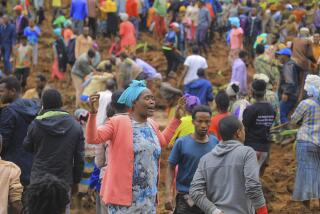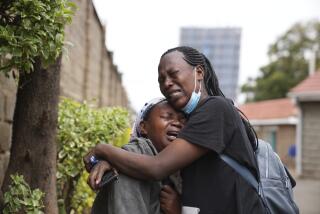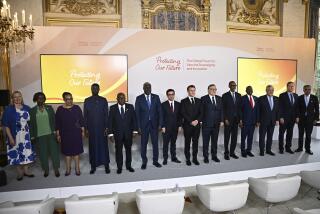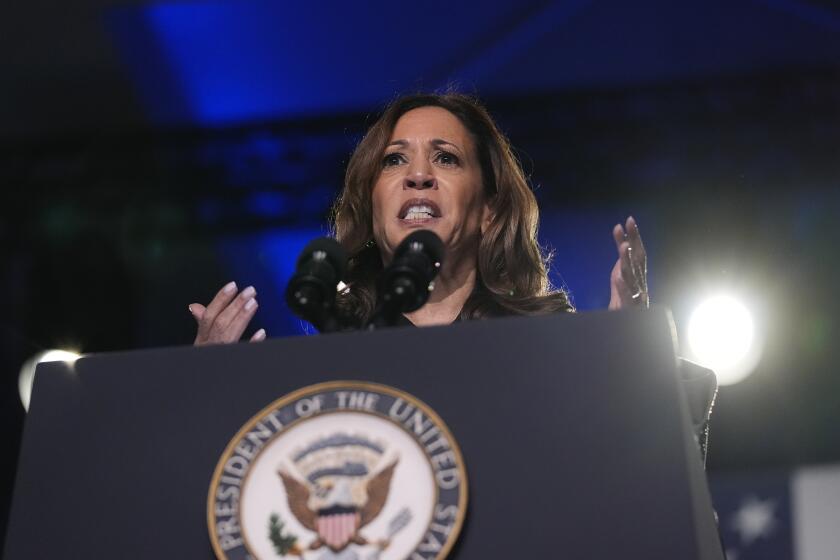Africa loses benefit of billions of dollars annually, report says
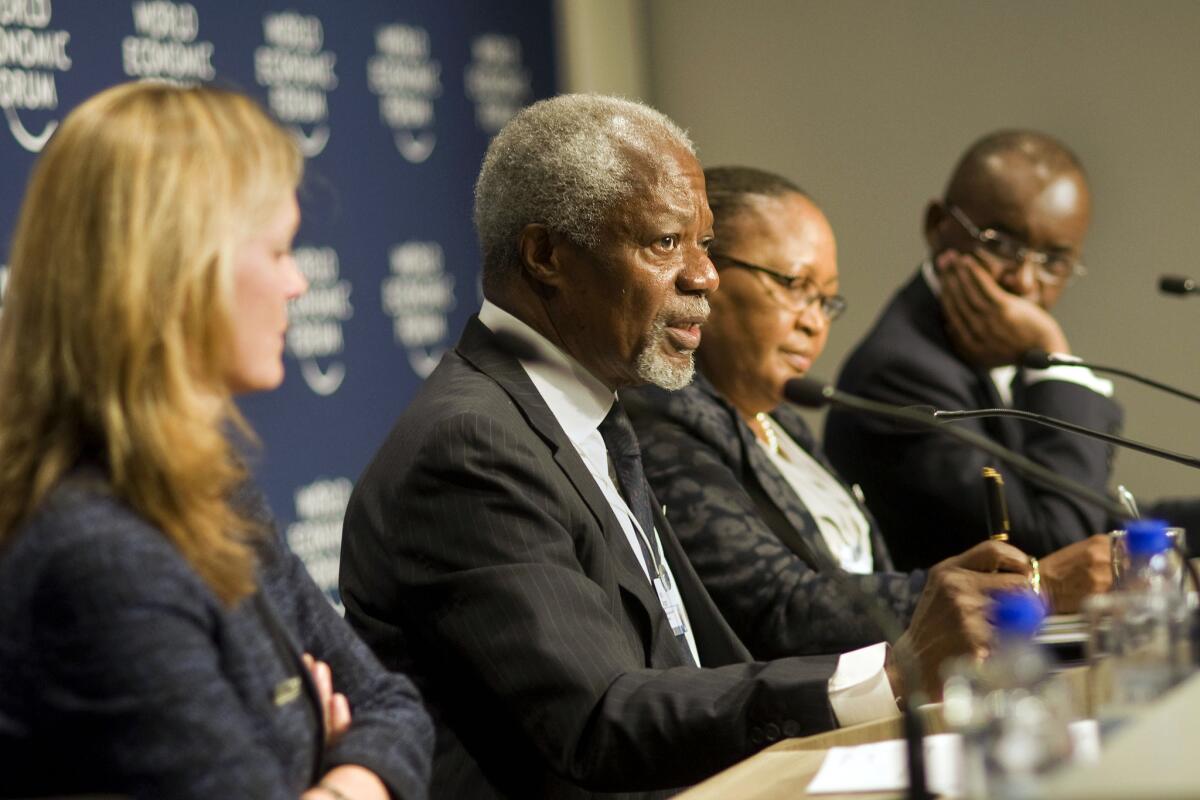
JOHANNESBURG -- Africa loses the benefit of billions of dollars each year through illegal tax evasion, money transfers and secretive business deals, more than all the money coming into the continent through aid and investment, according to a report released Friday.
About $63 billion is lost annually, the 120-page Africa Progress Report states, and despite the continent’s surging economic growth fueled by the global resources boom, poverty and inequality has worsened in many resource-rich African countries.
“It is unconscionable that some companies, often supported by dishonest officials, are using unethical tax avoidance, transfer pricing and anonymous company ownership to maximize their profits, while millions of Africans go without adequate nutrition, health and education,” Kofi Annan, the former U.N. secretary-general who heads the panel behind the report, wrote in his introduction.
The African Progress Panel releases a report each May analyzing one aspect of the continent’s progress, on jobs, equity and other issues, with the 2013 report examining Africa’s extractive industries and the massive lost opportunity the global resources boom represents for Africans.
Countries with massive wealth in resources such as Angola, Equatorial Guinea, Nigeria and the Democratic Republic of Congo languished at the bottom of the global Human Development Index, which measures how well countries provide services such as health, education and other key services. Equatorial Guinea, ranked 45th in the world in terms of average income, ranked 136th out of 187 countries on the Human Development Index, while the DRC was last in the HDI.
Many resource-rich African countries had some of the world’s worst infant mortality rates, including Angola, Equatorial Guinea and the DRC.
“Revenues that could have been used to improve lives have instead been used to build personal fortunes, finance civil wars and support corrupt and unaccountable political elites,” the African Progress Panel report said.
“Some political elites continue to seize and squander the revenues generated by natural resources, purchasing mansions in Europe or the U.S. or building private wealth at public expense,” it said.
In many African countries, most of the benefits of surging growth were captured by the wealthiest 10% of the population, according to the report. It called for African leaders to embrace transparency and accountability in revenue from resources.
The report said secretive deals, poor governance and corruption cost the continent billions in lost revenue. In the DRC, the government lost $1.3 billion in five underpriced mine privatization deals involving state assets, more than double the amount it spent on health and education.
Angola lost track of $4.2 billion between 2010 and 2012, while Nigeria lost $6.8 billion in the same period.
“Revenue losses on this scale cause immense damage to public finance – and to national efforts to reduce poverty,” the report said. “Opaque practices in the natural resources sector are reinforced by opaque national budgets with citizens routinely denied access to key budget documents.”
“Looking back over the past decade, it is clear that growth alone will not transform human development prospects in resource-rich countries. Governments need to ensure that the revenue streams that come with the growth of extractive industries are invested efficiently and equitably,” the report said.
Graca Machel, president of the Foundation for Community Development and wife of former South African President Nelson Mandela, said in a statement that if African leaders accepted the report’s recommendations, “more kids will go to school, fewer women will die in childbirth and more children will survive their childhood.”
ALSO:
American man stabbed outside U.S. Embassy in Cairo
Karzai: U.S. wants use of 9 bases in Afghanistan after 2014
Global Voices: Ahmadis’ mission of peace in an age of terror
More to Read
Sign up for Essential California
The most important California stories and recommendations in your inbox every morning.
You may occasionally receive promotional content from the Los Angeles Times.
